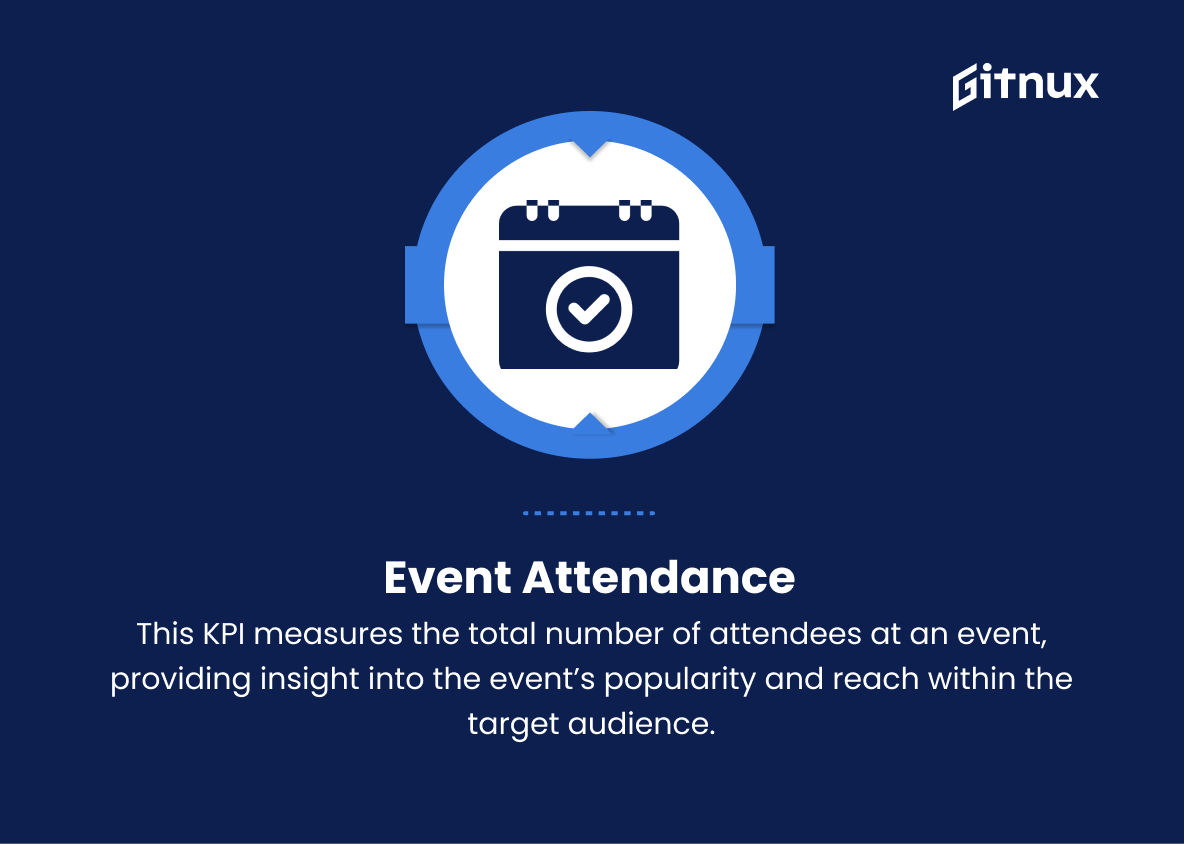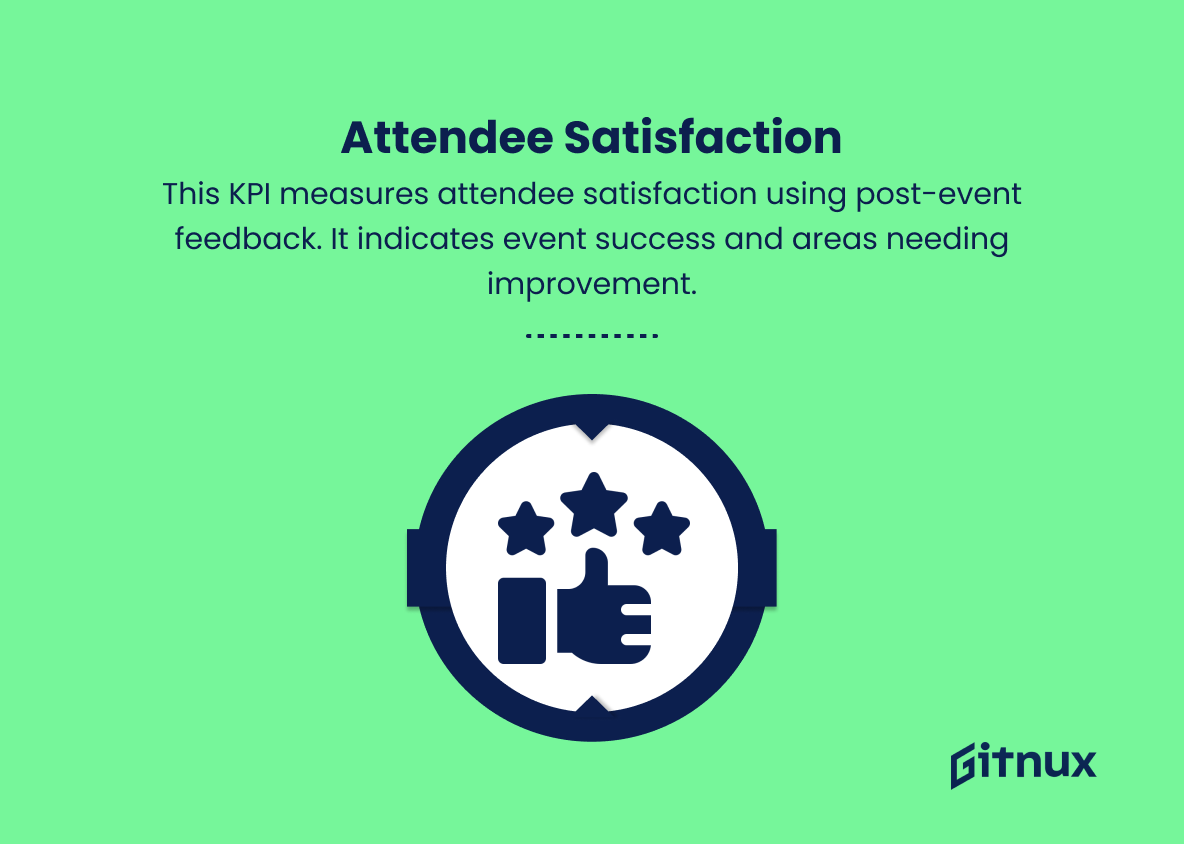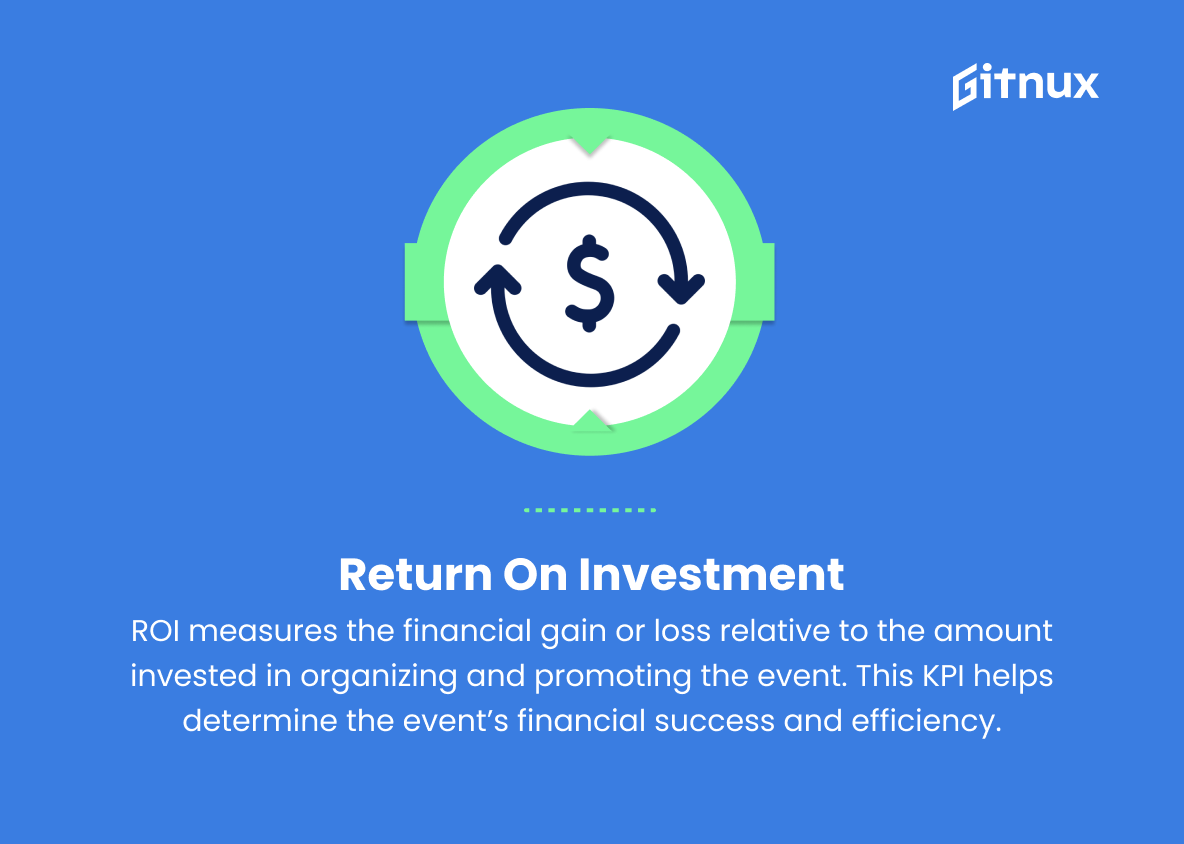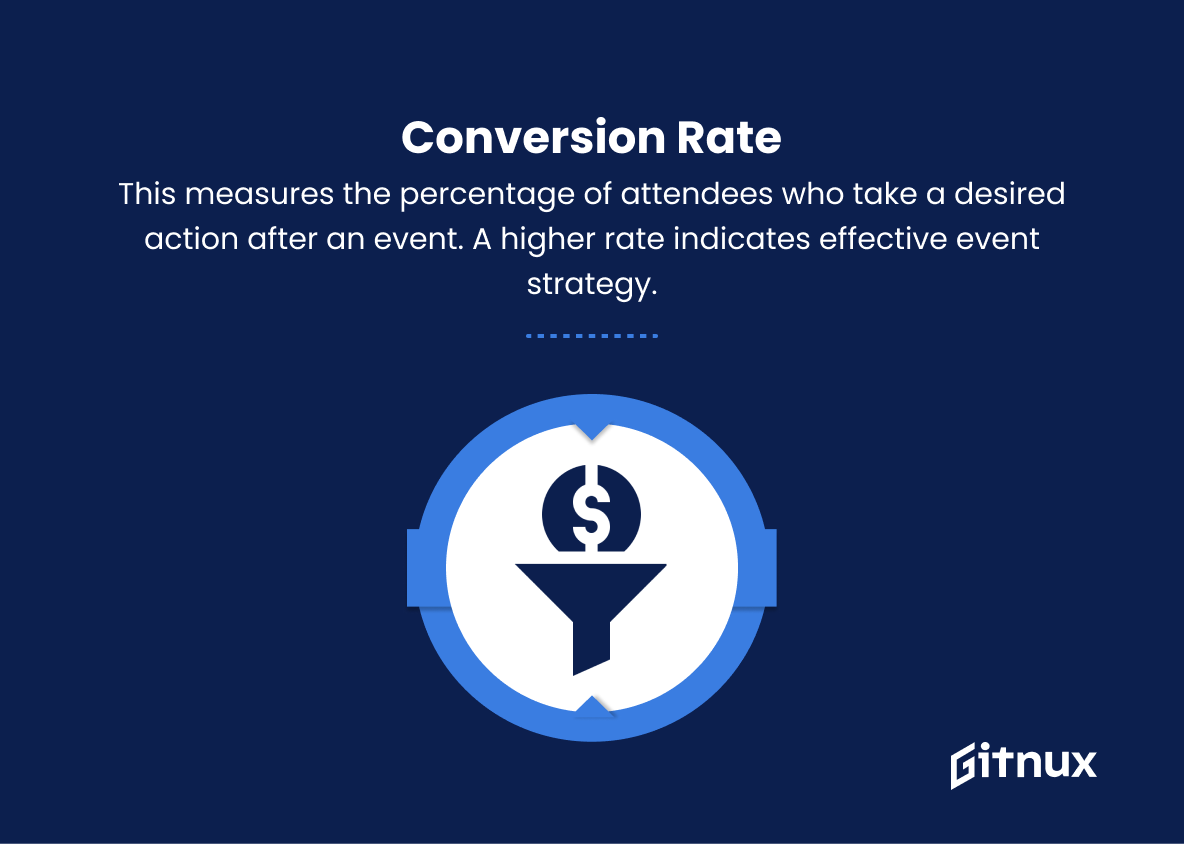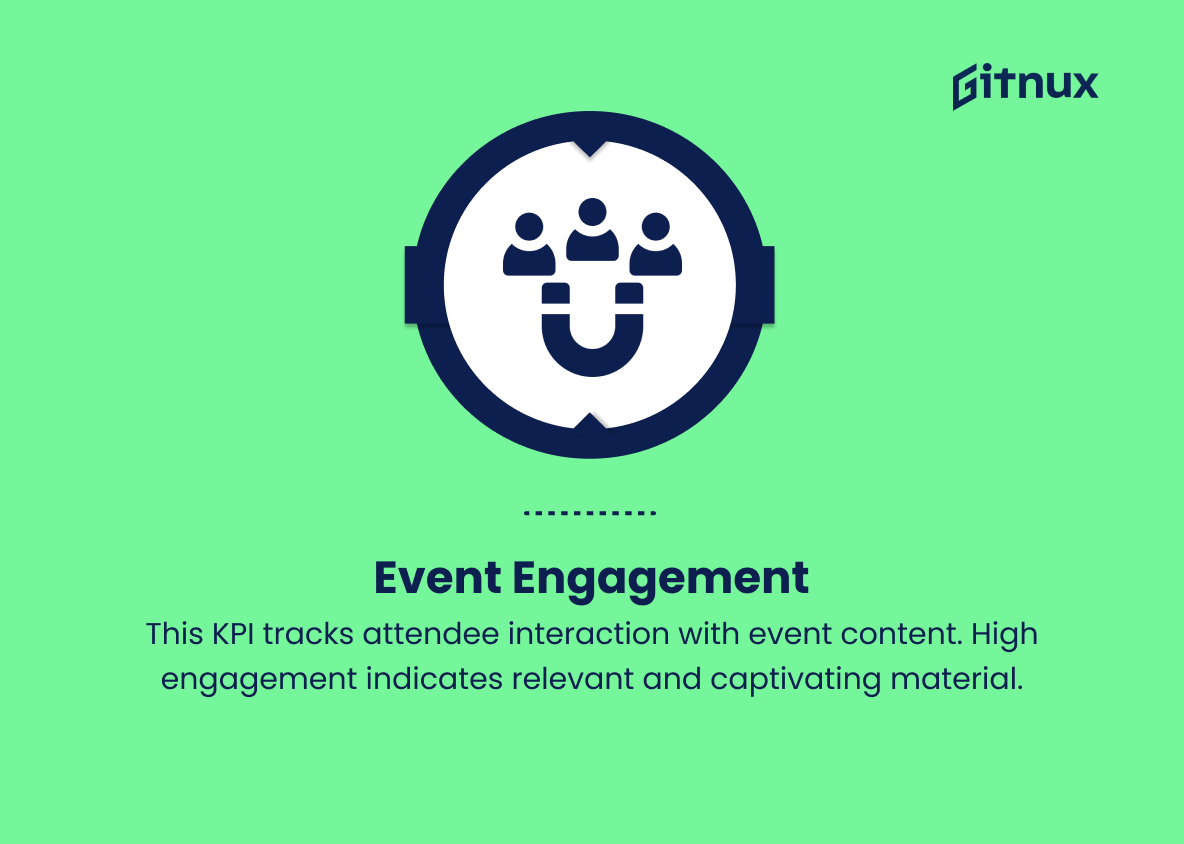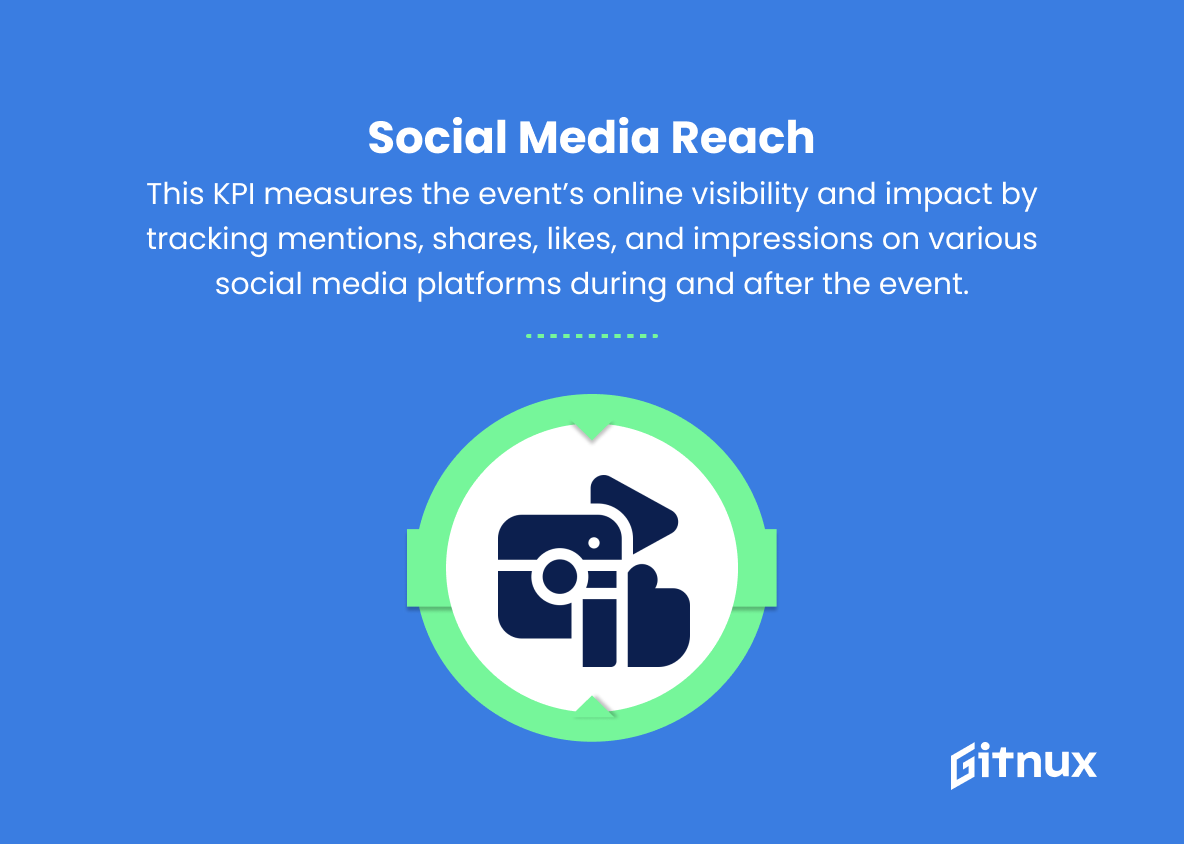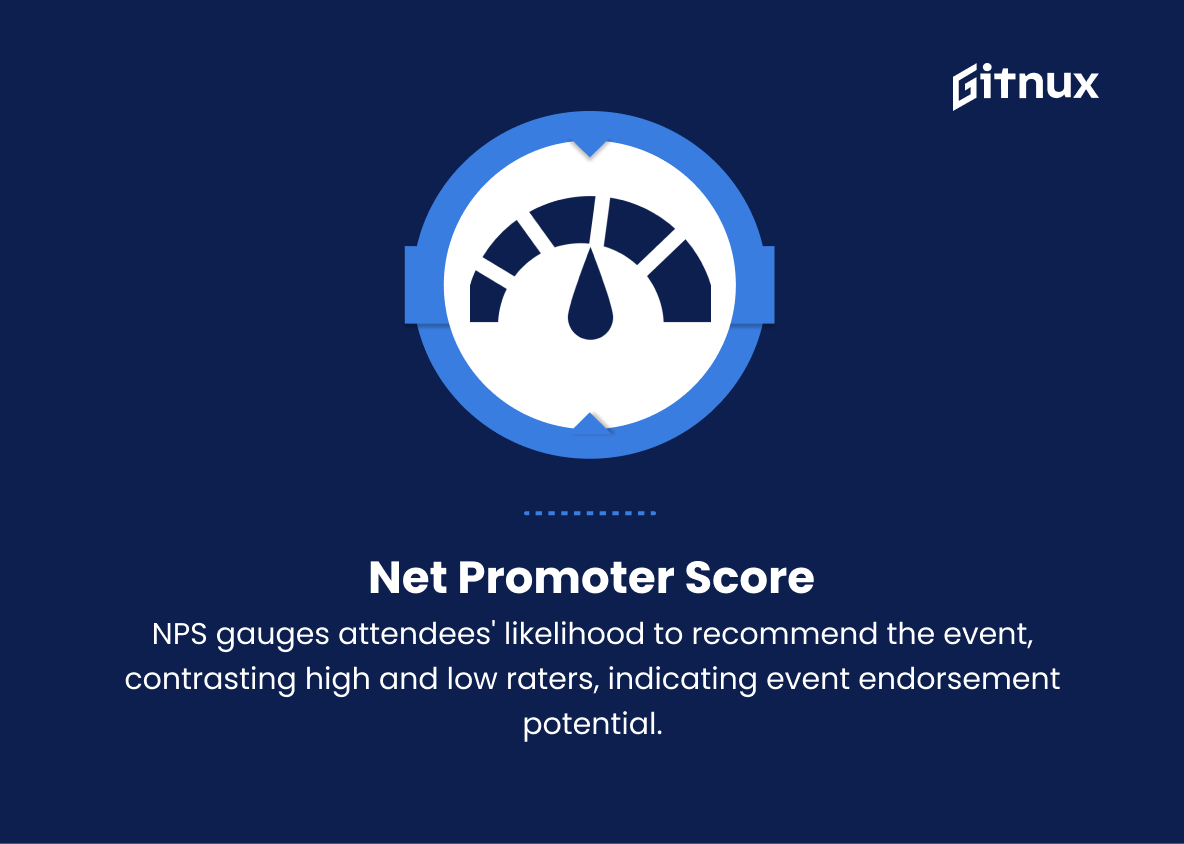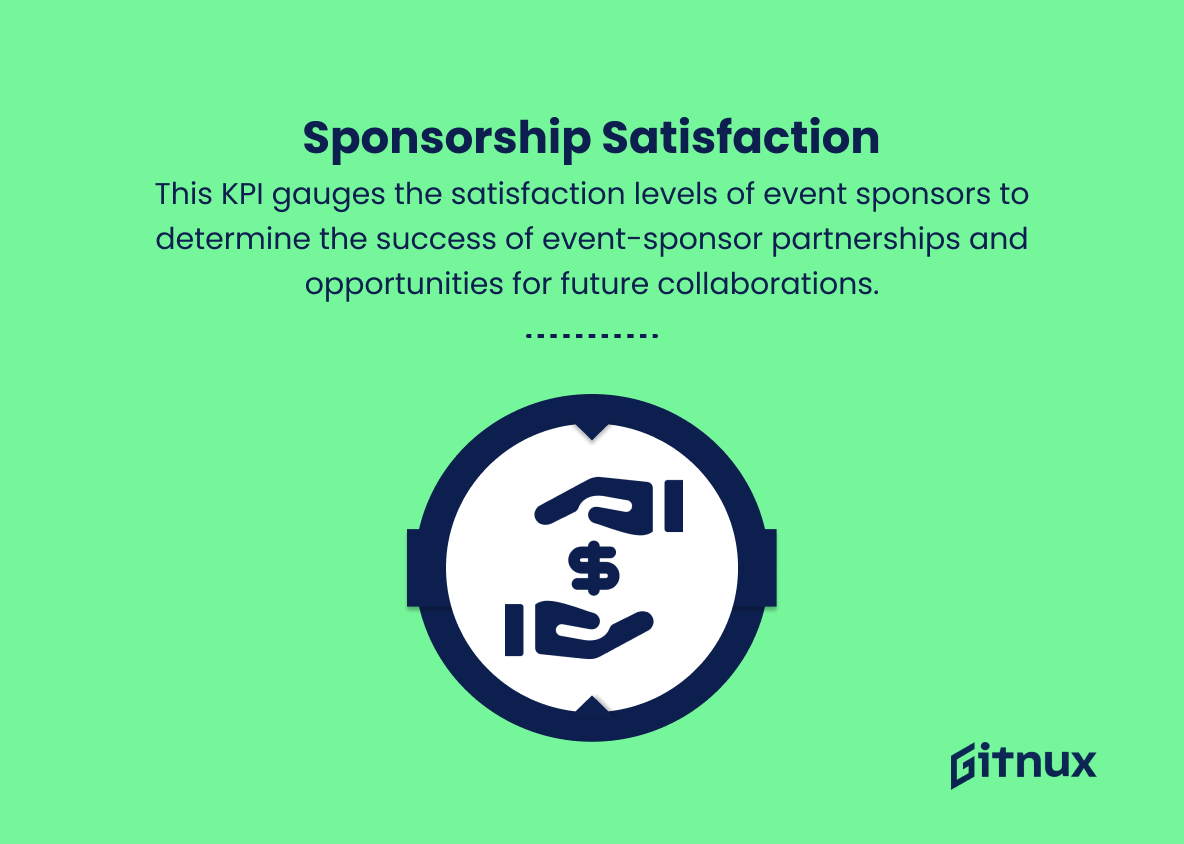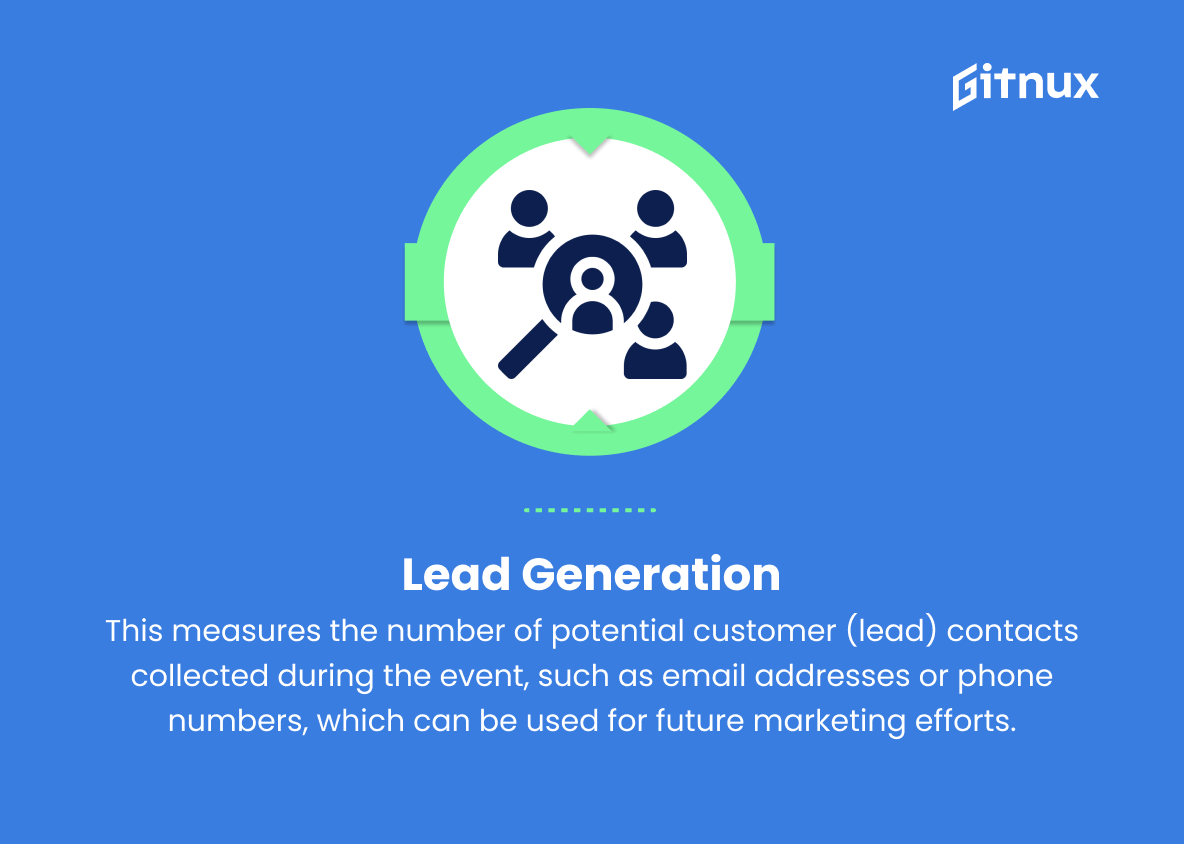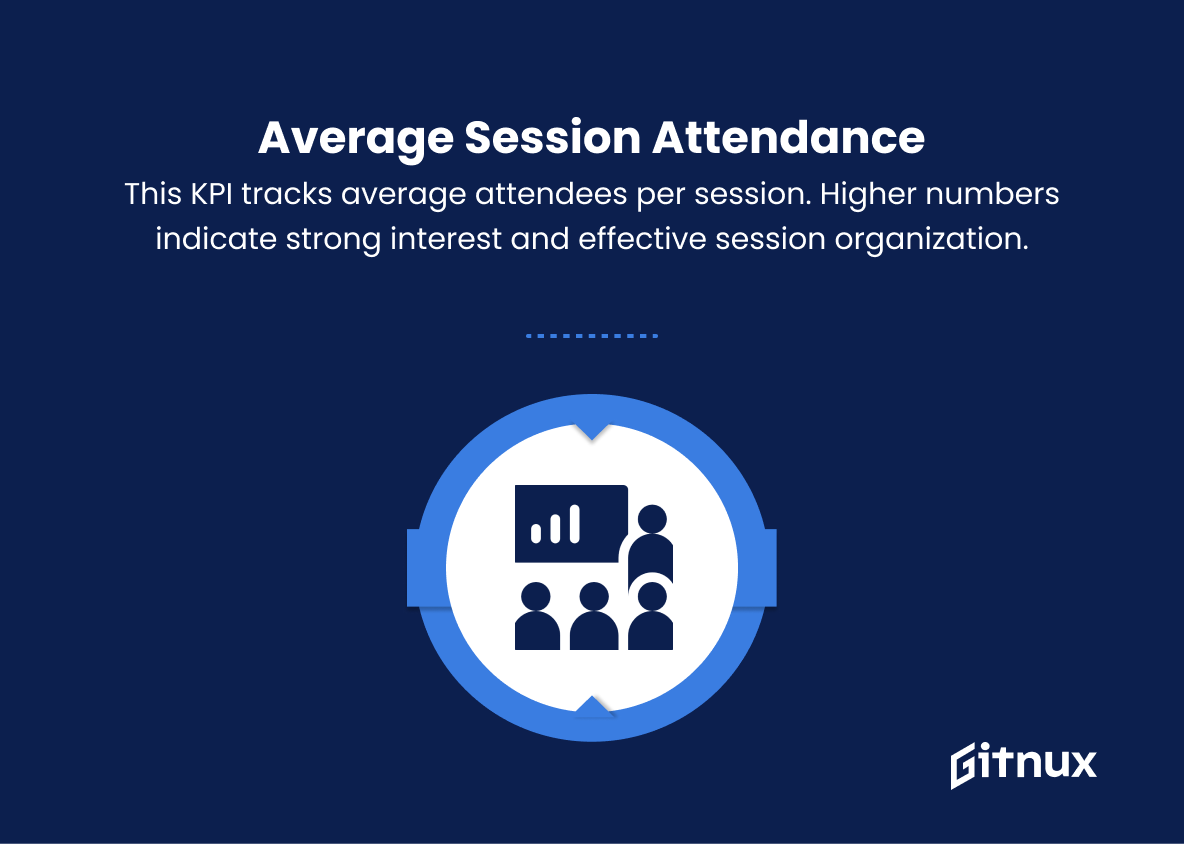In today’s fast-paced and competitive business landscape, measuring and analyzing the success of events has never been more crucial. An essential aspect of this evaluation process involves understanding and tracking Event Key Performance Indicators (KPIs). These metrics provide valuable insights into event performance, enabling companies to optimize their strategies, ensure a high return on investment (ROI), and ultimately, achieve their goals.
In this insightful blog post, we will delve deep into the world of Event KPIs, uncovering their true significance, exploring various types of KPIs, and offering practical guidance on selecting the most relevant ones for your specific event. So, without further ado, let’s embark on this journey of data-driven decision-making, and propel your events towards unparalleled success.
Event KPIs You Should Know
1. Event Attendance
This KPI measures the total number of attendees at an event, providing insight into the event’s popularity and reach within the target audience.
2. Attendee Satisfaction
This KPI gauges the overall satisfaction of attendees through post-event surveys, feedback forms, or social media. It helps determine the success of the event and highlights potential areas for improvement.
Event Engagement tracks the level of attendee interaction with the event activities, speakers, and exhibitors.3. Return on Investment (ROI)
ROI measures the financial gain or loss relative to the amount invested in organizing and promoting the event. This KPI helps determine the event’s financial success and efficiency.
4. Conversion Rate
This measures the percentage of event attendees who take a desired action, such as making a purchase, signing up for a newsletter, or registering for a follow-up event. A higher conversion rate indicates effective event organization and marketing.
5. Event Engagement
This KPI tracks the level of attendee interaction with the event activities, speakers, and exhibitors. High engagement levels show that event content is relevant and captivating for the audience.
6. Social Media Reach
This KPI measures the event’s online visibility and impact by tracking mentions, shares, likes, and impressions on various social media platforms during and after the event.
7. Net Promoter Score (NPS)
NPS assesses the likelihood of attendees recommending the event to others. It calculates the difference between the promoters (attendees who rate the event highly) and detractors (those who are less likely to recommend), providing a measure of overall event advocacy and word-of-mouth marketing potential.
8. Sponsorship Satisfaction
This KPI gauges the satisfaction levels of event sponsors to determine the success of event-sponsor partnerships and opportunities for future collaborations.
9. Lead Generation
This measures the number of potential customer (lead) contacts collected during the event, such as email addresses or phone numbers, which can be used for future marketing efforts.
10. Average Session Attendance
This KPI measures the average number of attendees per session or presentation throughout the event. Higher session attendance suggests strong interest in the event’s content and impressive session organization.
These Event KPIs provide a comprehensive overview of an event’s performance and help to identify successes, shortcomings, and areas for improvement in future events.
Event KPIs Explained
Event KPIs such as Event Attendance, Attendee Satisfaction, Return on Investment, Conversion Rate, Event Engagement, Social Media Reach, Net Promoter Score, Sponsorship Satisfaction, Lead Generation, and Average Session Attendance are crucial in understanding an event’s overall success and effectiveness in meeting its objectives. These indicators offer valuable insights into the popularity, audience satisfaction, financial performance, and marketing impact of an event, as well as the quality of its content, organization, and partnerships.
By collecting data on these KPIs, event organizers can pinpoint their strengths and weaknesses, make informed decisions about future events, and optimize their strategies to deliver outstanding experiences to their attendees, sponsors, and other stakeholders.
Conclusion
In conclusion, measuring Event KPIs is a vital aspect of any successful event strategy, providing valuable insights into attendee satisfaction, event effectiveness, and return on investment. Organizations should consistently track and analyze these KPIs to identify areas of improvement, reveal hidden opportunities, and ultimately enhance their event experiences.
By prioritizing data-driven decision making, event planners can ensure they are making the most informed choices, leading to better outcomes for all stakeholders involved. Remember, the foundation of any noteworthy event lies in continuous learning, innovation, and growth—so embrace the power of Event KPIs to elevate your events to new heights.
